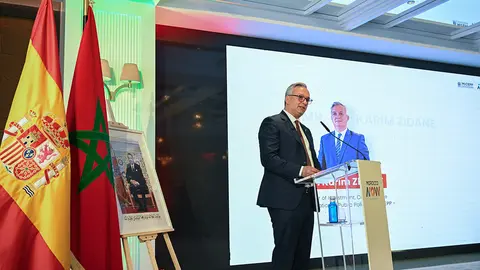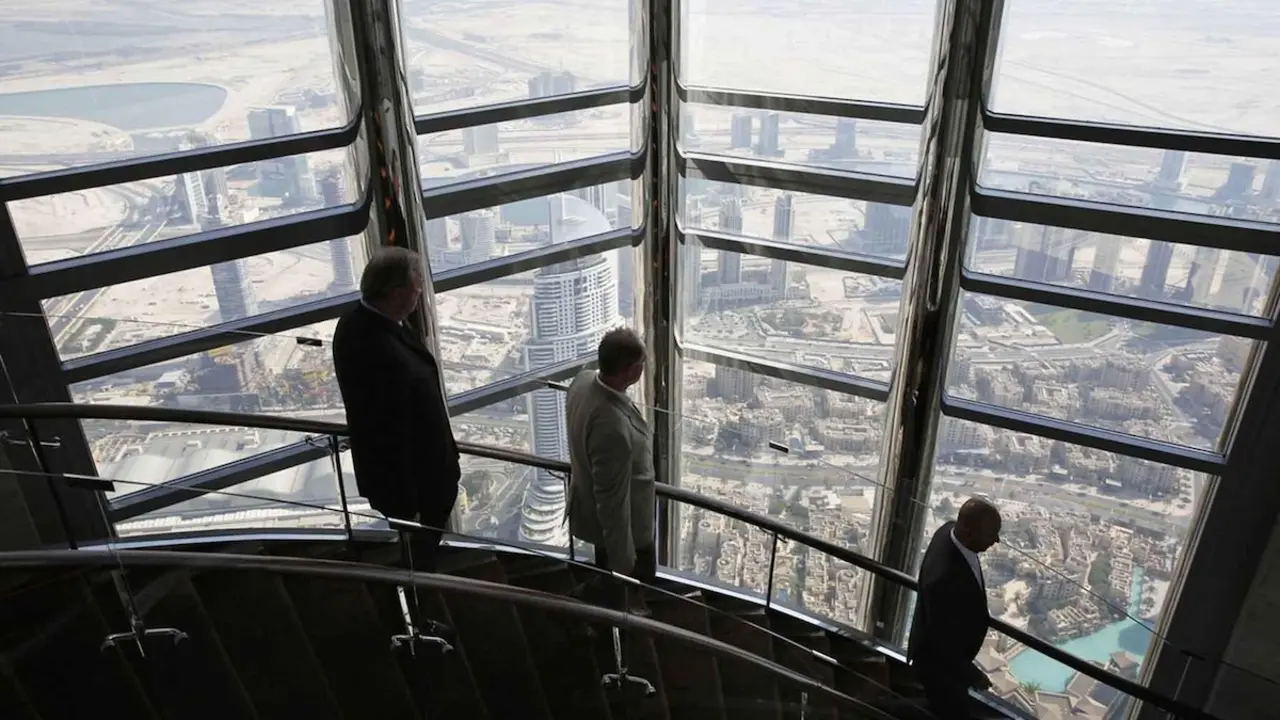Success stories resulting from Morocco's support for industrial development
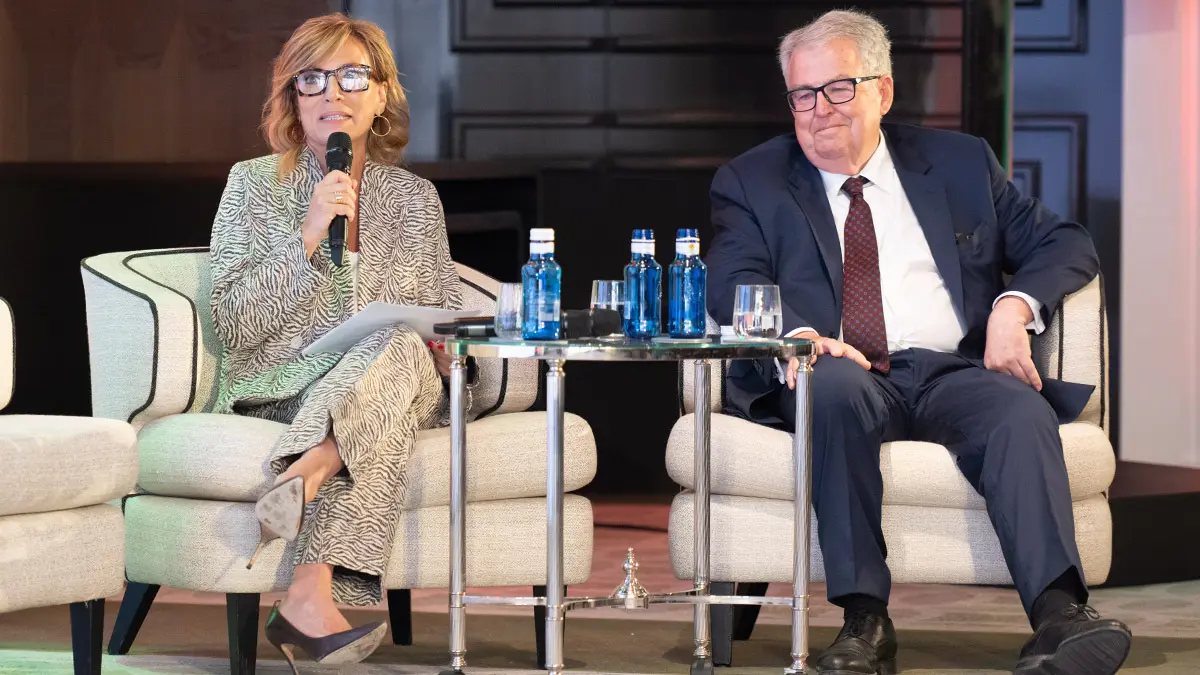
- Gestamp: a success story with a long-term vision
- Morocco, an ambitious country that supports industrial development
- Gil Comes: a story of continuous growth
Gestamp and Gil Comes are two Spanish companies that have written their success stories in Morocco and shared their experiences at the business meeting ‘Morocco and Spain: investing together for a sustainable and shared future’, held in Madrid.
Gestamp and Gil Comes demonstrate that Morocco's trust, stability, industrial strategy and international outlook are factors that can encourage any other Spanish company to successfully set up in the Moroccan kingdom.
Gestamp: a success story with a long-term vision
Mireia Arroyo, Corporate Director of Institutional Affairs, Communication and Marketing at Gestamp, highlighted that her company's history in Morocco is a pure success story, not only because it reflects its growth, but also because it is a way of understanding industrial development, with a long-term vision, a real commitment to the environment and an ambition to build a more competitive, innovative and sustainable future together.
Gestamp is a Spanish multinational with a presence in 24 countries, 100 production plants and 43,000 employees. It manufactures high-engineering metal components for the automotive industry, with a clear commitment to innovation, sustainability and operational excellence.
In 2018, it took the strategic decision to establish itself in Morocco with its first plant in Kenitra, just 50 kilometres from Rabat. This was much more than a geographical expansion, as for the company this step marked its entry into Africa, convinced that Morocco has all the necessary elements to become one of the most dynamic industrial hubs in the world.
Mireia Arroyo emphasised that ‘today, Morocco is already the leading vehicle manufacturer on the African continent, with automotive exports of more than 14 billion euros per year and more than 250 companies in the sector operating in the country’.
‘This figure not only speaks of volume, but also of more important factors such as trust, stability, industrial strategy and international vocation. Our Kenitra plant was born as a joint venture with Tuyauto, a local partner with whom we share a vision and values,’ explained the company representative.
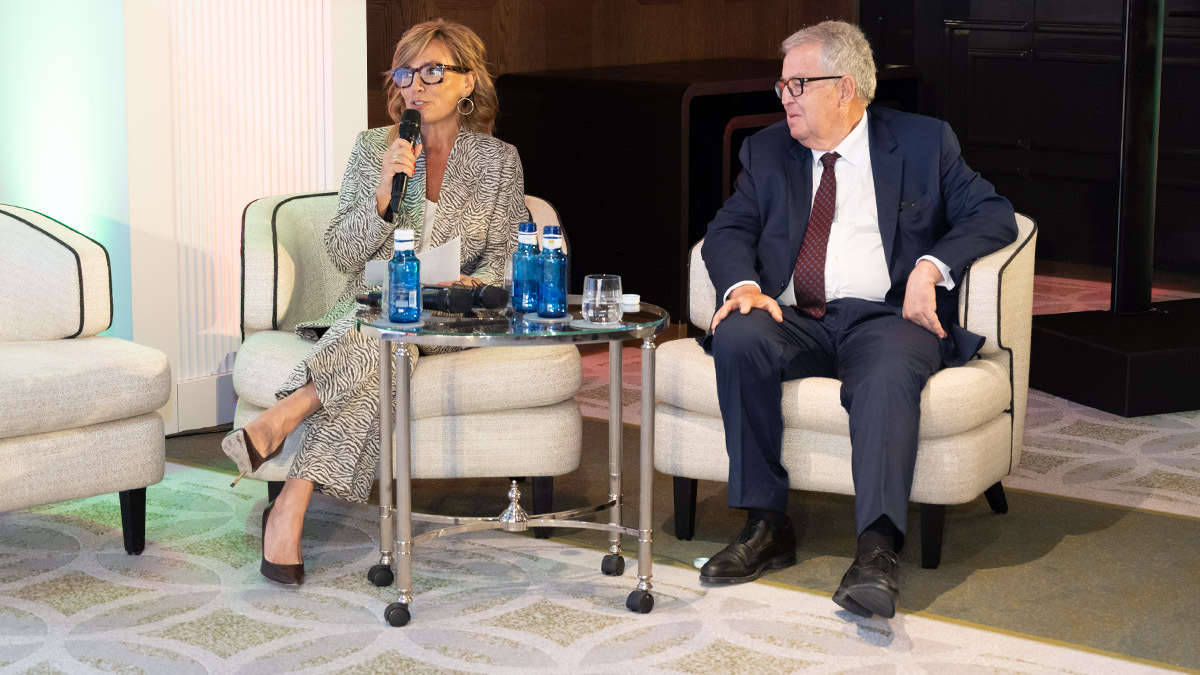
Morocco, an ambitious country that supports industrial development
According to Mireia Arroyo, by the end of 2023, Gestamp will be operating independently and continuing to grow, with more than 300 talented local employees. ‘But from the outset, we were clear that our purpose went far beyond manufacturing parts; we wanted to be part of the Moroccan ecosystem,’ she said.
The automotive industry in Morocco is not an isolated industry; it is an engine of economic and social transformation, capable of generating skilled employment, attracting technological investment, promoting suppliers, activating vocational training and modernising infrastructure.
’ Morocco has proven to be a very serious, very predictable and, above all, very ambitious country, with a lot of support for industrial development,’ said Gestamp's corporate director of Institutional Affairs, Communication and Marketing, praising the work of institutions such as the Moroccan Agency for Development, Investment and Exports (AMDIE), which have facilitated the entire process of setting up and growing the company in an exemplary manner.
The current context of the automotive sector poses major challenges in the search for a transition to fully sustainable mobility and more connected and digital sustainable mobility. This requires a major qualitative leap in terms of technology, training, agility and collaboration between the public and private sectors.
In this regard, Morocco has the opportunity to position itself as a true industrial hub of the future, aligning the industrial policy it is currently developing with new global demands.
The North African country has taken very courageous decisions by investing in logistics and energy infrastructure, creating an increasingly appropriate legal framework that is more in line with European standards, and committing to strategic sectors such as automotive, aeronautics, renewable energies and the circular economy.
‘Morocco no longer just manufactures cars, but industrial solutions for a world that is undergoing profound change. However, the country faces the major challenge of strengthening its ecosystem and public-private partnership as the key to sustainable development accompanied by human development,’ said Mireia Arroyo.
Arroyo concluded by urging Moroccan stakeholders to invest in training, promote inclusion and collaborate with educational centres by supporting knowledge and human capital training.
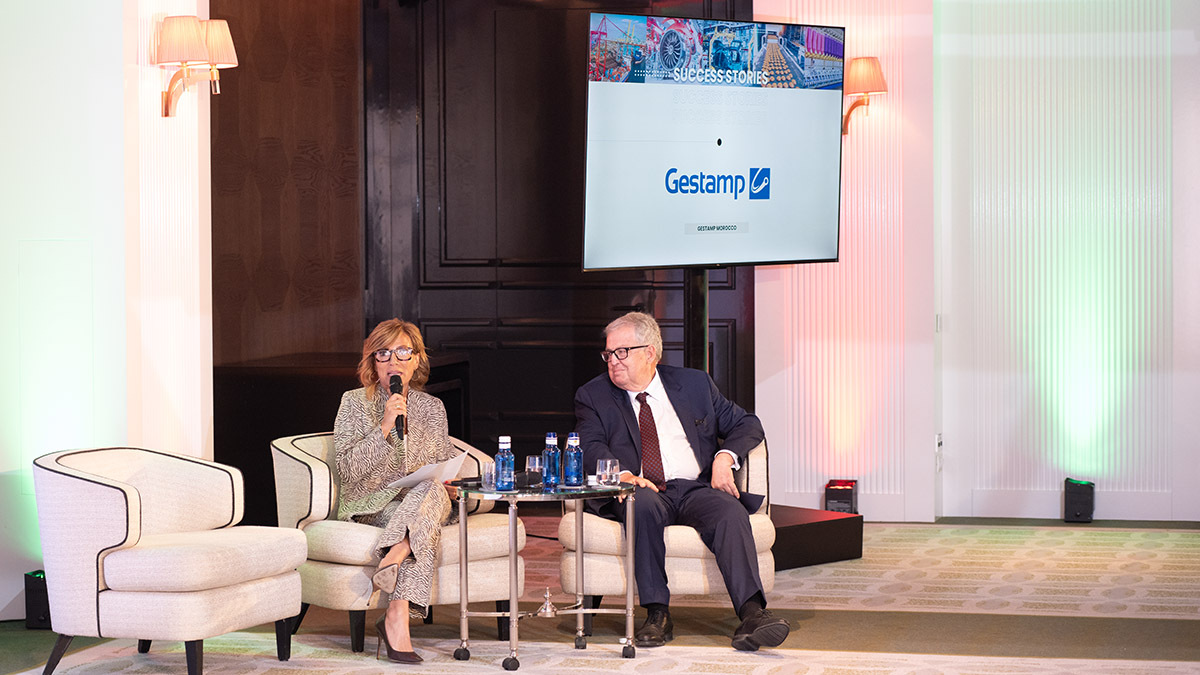
Gil Comes: a story of continuous growth
Francisco Gil, president of the Valencian family business, highlighted the rise in demand for fish products, stating that Morocco is a country with large quantities of high-quality fishing resources.
‘We have been in Morocco for 24 years now and it has been a story of continuous growth and of setting ourselves ever higher goals. Our products have proven to be of high quality in the national and international markets,’ emphasised Gil.
In the past, the company had to choose between internationalising or remaining small. This internationalisation could have been in Latin America, which was attempted, or even in another African country, but it worked out in Morocco.
‘We were a company with an important market in Spain, but after 24 years, we are now a highly internationalised company, not only in terms of production, but also in terms of exports to many countries in Europe, North America and Asia from Morocco,’ explained Francisco Gil.
‘In this niche market within the agri-food sector, Moroccan women are very skilled craftswomen, and this has been fundamental for us,’ concluded the president of Gil Comes.

